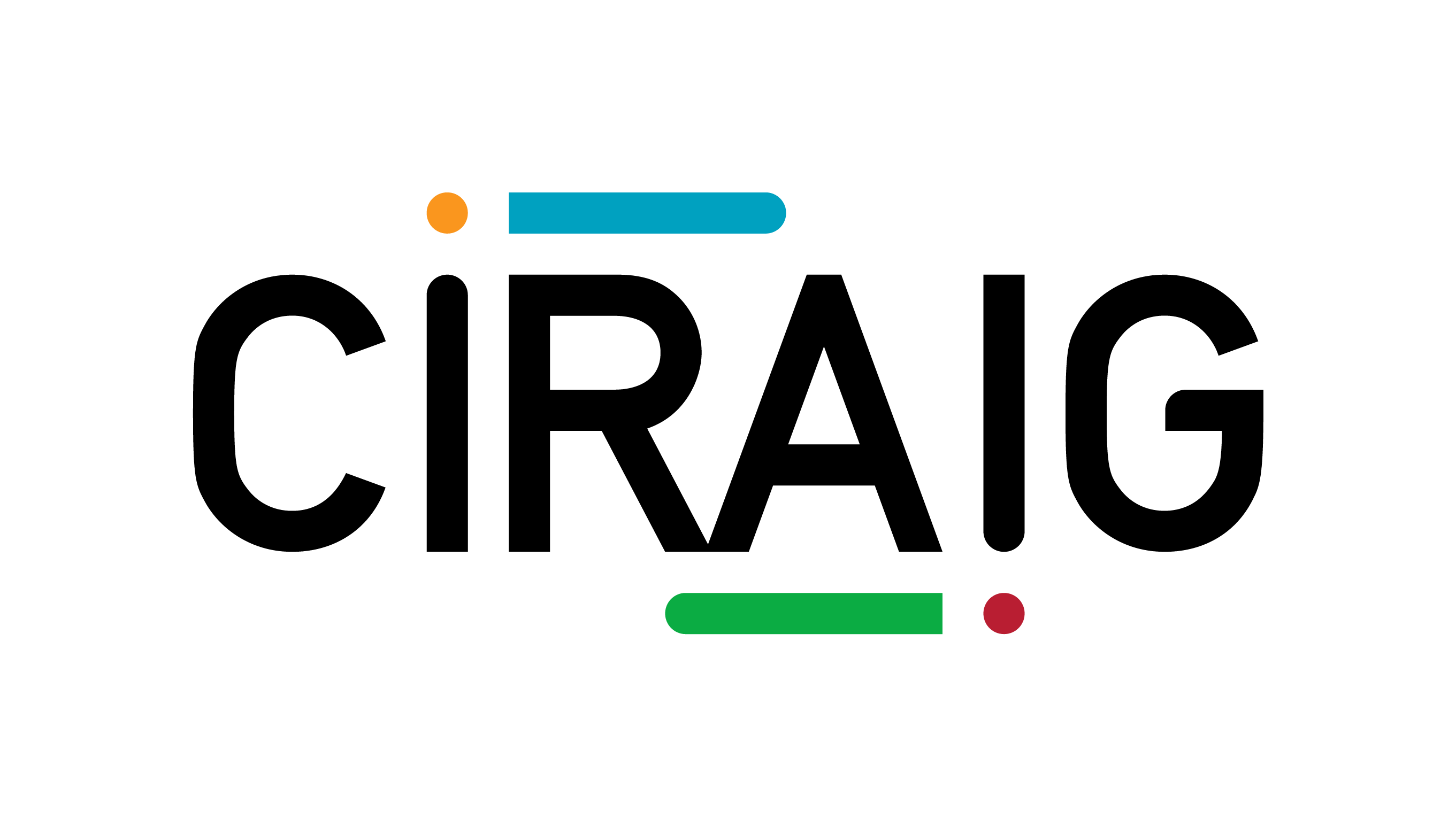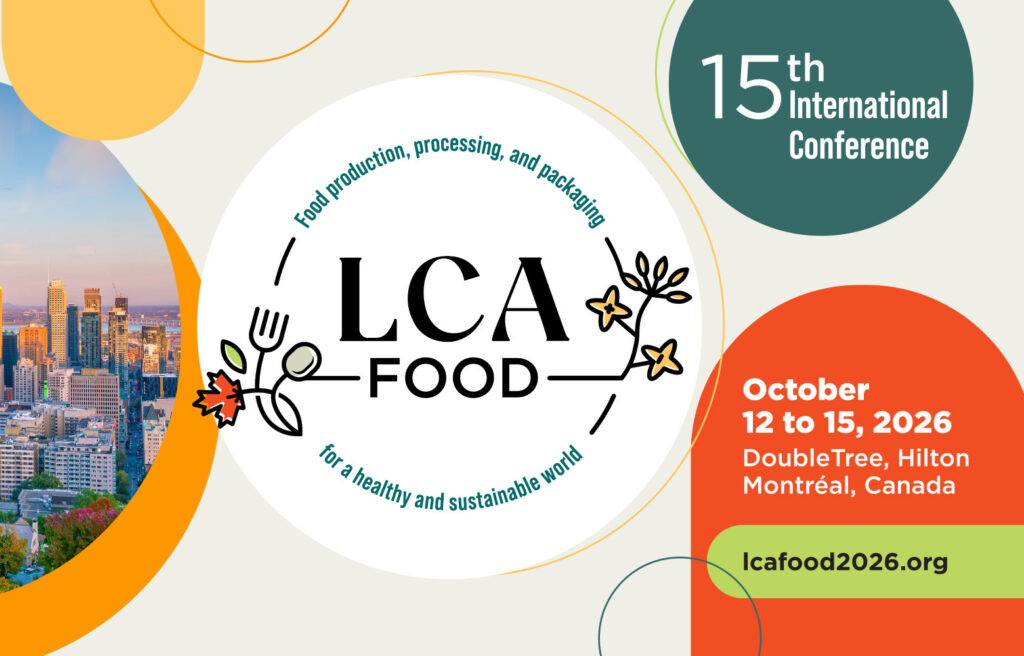Life cycle assessment of incandescent and compact fluorescent lightbulbs
Concerned about the potential environmental impacts of the products it promotes and wishing to keep customers wellinformed, Hydro-Québec asked the CIRAIG to undertake a comparative life cycle assessment of incandescent and compact fluorescent lightbulbs (CFLs).

Concerned about the potential environmental impacts of the products it promotes and wishing to keep customers wellinformed, Hydro-Québec asked the International Reference Centre for the Life Cycle of Products, Processes and Services (CIRAIG) to undertake a comparative life cycle assessment of incandescent and compact fluorescent lightbulbs (CFLs).
Results
For households that heat with electricity
The use of energy-efficient CFLs remains the most environmentally sound option at all times, for all the aspects analyzed.
For households that heat with natural gas or oil
- Outside of heating season, the use of energy-efficient CFLs is the most environmentally sound option.
- During heating season, incandescent lightbulbs seem to be a better option since they give off heat. However, CFLs remain the best choice for two reasons: the energy savings achieved and, consequently, the potential to use Québec’s clean energy to replace energy from polluting sources.
In collaboration with
We use cookies on our website to give you the most relevant experience by remembering your preferences and repeat visits. By clicking “Accept”, you consent to the use of ALL the cookies.
Manage consent
Privacy Overview
This website uses cookies to improve your experience while you navigate through the website. Out of these, the cookies that are categorized as necessary are stored on your browser as they are essential for the working of basic functionalities of the website. We also use third-party cookies that help us analyze and understand how you use this website. These cookies will be stored in your browser only with your consent. You also have the option to opt-out of these cookies. But opting out of some of these cookies may affect your browsing experience.
Necessary cookies are absolutely essential for the website to function properly. This category only includes cookies that ensures basic functionalities and security features of the website. These cookies do not store any personal information.
Any cookies that may not be particularly necessary for the website to function and is used specifically to collect user personal data via analytics, ads, other embedded contents are termed as non-necessary cookies. It is mandatory to procure user consent prior to running these cookies on your website.
Your subscription could not be saved. Please try again.
Your subscription has been successful.





